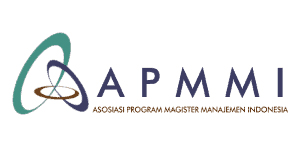Digital Business Expansion in Tourism: Strategies for Enhancing Destination Branding through Technology
DOI:
https://doi.org/10.30996/jmm17.v12i1.131829Abstract
Digital transformation is reshaping the tourism industry, driving the need for innovative strategies to enhance destination branding. This study explores the role of digital business expansion in tourism, focusing on leveraging technology to create compelling brand experiences. By analyzing current trends and successful case studies, the research identifies effective digital strategies for destination branding, including social media marketing, virtual reality tours, and data-driven personalization. Using a mixed-methods approach, the study evaluates the impact of these strategies on tourist engagement and brand loyalty. The findings provide valuable insights for tourism stakeholders aiming to enhance brand visibility and competitiveness through digital innovation.Downloads
Download data is not yet available.
Downloads
Published
2025-04-28
How to Cite
George, B. (2025). Digital Business Expansion in Tourism: Strategies for Enhancing Destination Branding through Technology. JMM17 : Jurnal Ilmu Ekonomi Dan Manajemen, 12(1), 134–141. https://doi.org/10.30996/jmm17.v12i1.131829
Issue
Section
Articles
License
Authors who publish to JMM17: Jurnal Ilmu Ekonomi Dan Manajemen agree to the following terms:
- Authors transfer the copyright and grant the journal right of first publication with the work simultaneously licensed under a Creative Commons Attribution-ShareAlike 4.0 International License.. that allows others to share the work with an acknowledgement of the work's authorship and initial publication in this journal.
- Authors are able to enter into separate, additional contractual arrangements for the non-exclusive distribution of the journal's published version of the work (e.g., post it to an institutional repository or publish it in a book), with an acknowledgement of its initial publication in this journal.
- Authors are permitted and encouraged to post their work online (e.g., in institutional repositories or on their website) prior to and during the submission process, as it can lead to productive exchanges, as well as earlier and greater citation of published work (See The Effect of Open Access)












